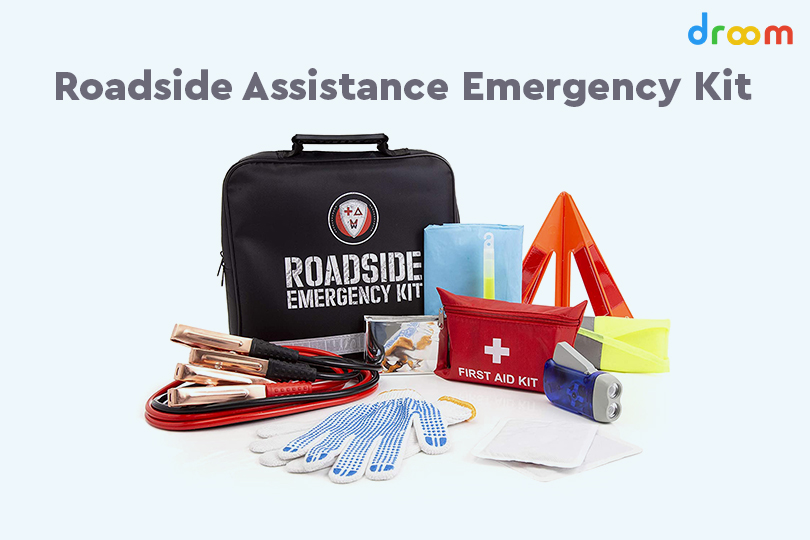Hospital and retail pharmacists have much in common when it comes to the education each receives and the skills they possess. They both have extensive knowledge of medications, and both are highly trained and educated. The major differences between the two are in the location of employment as well as the responsibilities each one takes on. When deciding what type of pharmacist to train to become, individuals may want to do some research in both areas to make sure they are prepared and entering their desired role.
What is a hospital pharmacist?
Hospital pharmacists are sometimes called clinical pharmacists and work in hospitals, or other medical institutions, dispensing medications to patients. They primarily work with the rest of the healthcare team to distribute medications and provide guidance on the most effective treatments. These pharmacists primarily communicate with other medical professionals, like doctors and nurses, and can sometimes visit with patients to answer any questions or assess if the medications being given are effective. Hospital pharmacists need to have the same level of knowledge as retail pharmacists, but they also need to know how to formulate medications in IVs or other medications specific to a hospital.
A pharmacist in a hospital will dispense medications to the medical staff as opposed to directly to the patient. These orders include oral medications and IV formulas. These medical professionals also share their expertise with other staff members by discussing the efficacy of the medications. A hospital pharmacist will work closely with doctors and nurses to ensure the right medications are being prescribed for certain ailments and review the patients’ charts to check for any other medications that could cause a reaction. They also check the chart to make sure the right amount is being prescribed, as well as check for any allergies to medications. The hospital pharmacist will talk to patients about their concerns regarding medications or answer any questions they may have.
Hospital pharmacists do not have the same autonomy of work hours that their retail counterparts do, as they are subject to the hours needed at the hospital. However, working irregular hours allow hospital pharmacists to learn about a variety of medicines and patient situations because they are available when the hospital is open, which is day and night at some institutions. They do not interact with patients as much as they would in a retail environment, for example, but they do develop strong relationships with the other practicing staff members and long-term hospital patients.
What is a retail pharmacist?
A retail pharmacist is the type of pharmacist people are most familiar with and are the trusted and knowledgeable medical professionals that are seen the most by patients. Pharmacists in retail environments work in stores that can range from small, independently owned pharmacies to larger retail chains. They fill medication orders that are sent to them by doctors and then dispense them to the patients as they come to pick them up. There are several ways the pharmacist can receive prescriptions including by phone, fax, and electronically through special pharmacy apps. These professionals usually work with staff members to dispense medications quickly and thoroughly. They do not usually deal with IV formulas, but they can do compounding work with medications when needed.
Retail pharmacists deal directly with the patients more than hospital pharmacists do, so they are constantly interacting with the public to answer questions and provide advice and guidance. Since the pandemic, their responsibilities have grown. They dispense medications that patients are to use at home, so before the patient leaves, the pharmacist is responsible for educating them on the medication as well as answering questions. Retail pharmacists will also review patients’ medication regimens to ensure that they are not in danger of adverse reactions.
Retail pharmacists are usually responsible for managing the pharmacy staff, as well as ordering medications, and they will work retail hours in most cases. While some places are open 24 hours, most retail pharmacists will work the same hours that the store is open, which is usually regular retail hours. They may be responsible for managing the pharmacy technicians and other pharmacy staff.
The knowledge needed for online Pharm D degrees is the same for both retail and hospital pharmacists. They need to have expertise in the area of medications and interactions. When these professionals opt for an accredited school like the University of Findlay, they embark on an exciting journey to getting their doctorate in pharmacy and fulfilling their career goals.
Hospital pharmacist vs. retail pharmacist
A hospital pharmacist and a retail pharmacist require the same amount of education and training, as well as soft skills such as organization and interpersonal skills. Both need to be experts in medication and interactions, and both need to be able to communicate on a professional level. One big difference is that hospital pharmacists need to do a residency for two years which is required for hospital work. The licensing and skills are the same, but a retail pharmacist does not have any residency requirements. However, it is a valuable experience for any pharmacist allowing the pharmacist to keep their options open just in case they want to make the switch from one type to the other.
If an individual is not keen on dealing with the public on a regular basis, then they probably want to pursue a career as a hospital pharmacist. This is a fundamental difference between the two careers that is unavoidable. If someone wants to be a retail pharmacist, they need to be prepared to deal with people on a regular basis, answer questions and provide advice. The questions that the hospital pharmacist receives are generally more complex because they come from the medical staff. If an individual prefers to deal with other medical staff, then the hospital environment may be the best choice.
Whether a pharmacist decides to work in a hospital or a retail store, they are still responsible for having expert knowledge of medication and always performing with the patient’s safety in mind.





